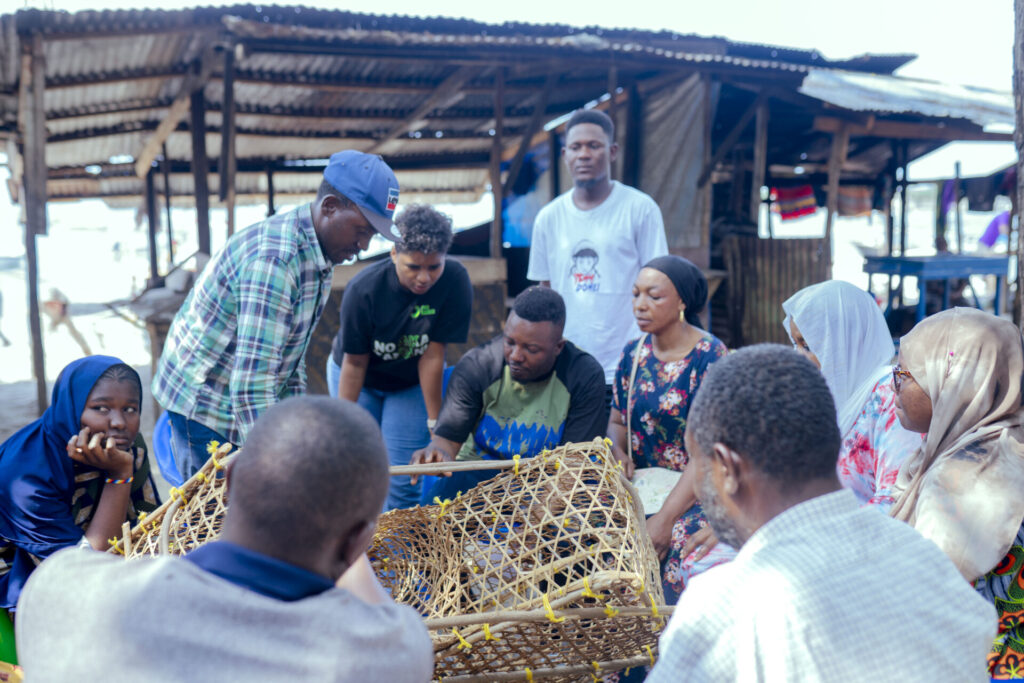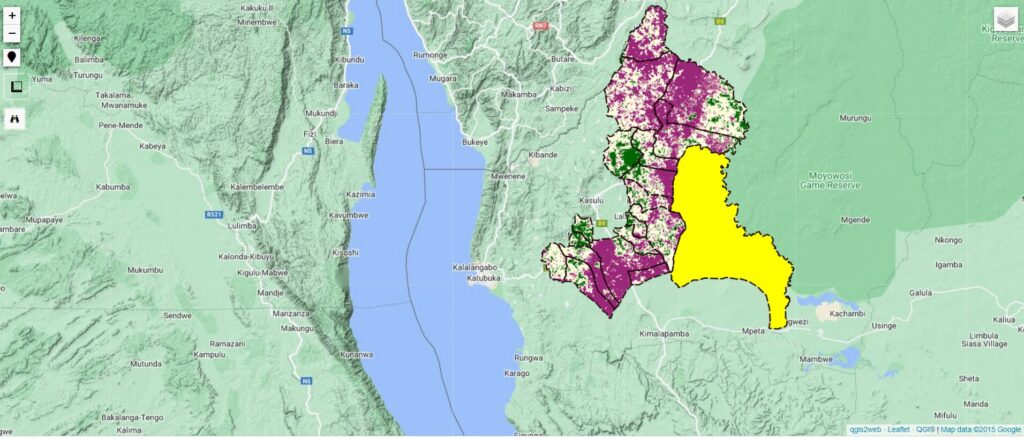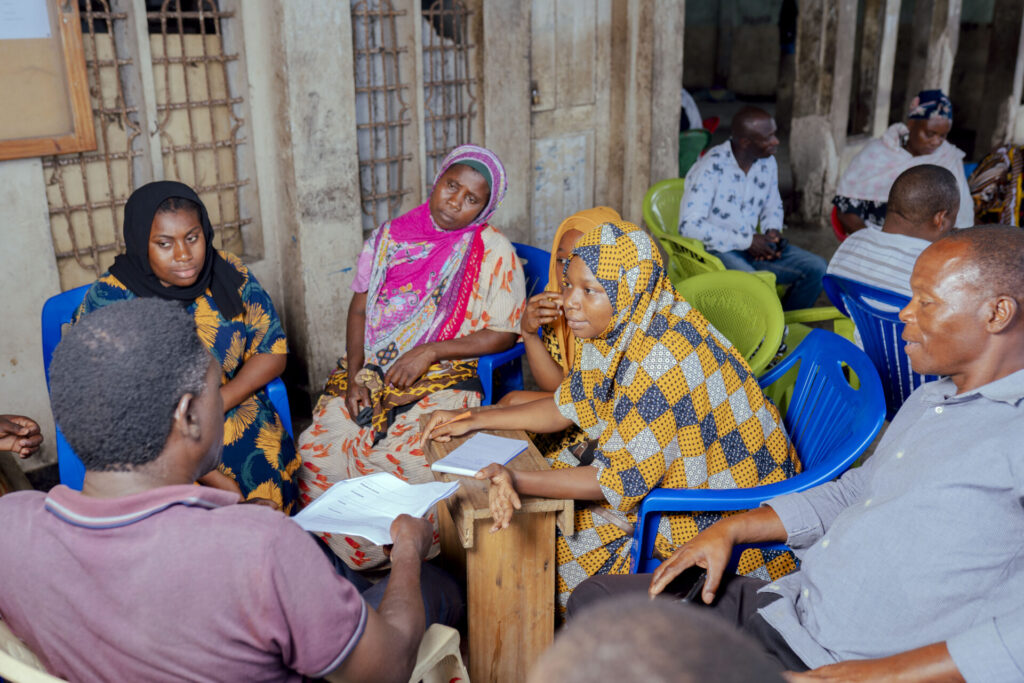What We
Do
01
Voices of Change!
Advocacy
Social Spaces Engagement
We harness the power of social media platforms to ignite discussions and drive policy reforms through creative storytelling. Our climate outreach events and campaigns, along with the production of compelling environmental storylines, engage communities in meaningful conversations and policy discussions. These efforts aim to inspire action and awareness on a broad scale.
Mainstreaming Innovative Media Engagement
Our strategy involves leveraging mainstream media channels such as TV, podcasts, and radio to disseminate messages of sustainability. By targeting a wide audience, we aim to engage decision-makers and the general public in our climate adaptation initiatives. Our goal is to foster a deeper understanding of sustainability issues and encourage proactive participation in environmental solutions.
- Persona/Segmentation
Community Mobilization and Campaigning
At the heart of our practice is the art of connecting communities, individuals, and groups. We join forces with local, regional, and global efforts to amplify frontline voices in the climate crisis. Our initiatives focus on empowering communities to take collective action, fostering a sense of unity and purpose in addressing environmental challenges.
- Portfolio Architecture
02
Create Solutions
Innovation

Championing Tech Solutions
At our Eco Hub, we are dedicated to fostering frontline community engagement in various climate aspects. We implement a range of initiatives that empower individuals to actively participate in creating positive change. These initiatives include the use of Simple Waste Sorting Machines and Tools, conducting Data Surveys, Sorting and Planning, leveraging AI Tools, and utilizing Drone Technology Mapping. We also embrace new emerging technologies to further enhance our impact and effectiveness
Climate Data Mapping and Research
Our hub is committed to advancing research and social observation to inform policy reformation regarding climate vulnerabilities and adaptation efforts. We utilize creative data mapping tools to conduct thorough research and gather insights from social observations. This approach allows us to identify key areas of concern and develop strategies that address the unique challenges faced by different communities.
By focusing on research-driven initiatives, we aim to provide valuable data that supports informed decision-making and policy development. Our efforts are geared towards fostering a deeper understanding of climate issues and promoting effective adaptation strategies that enhance community resilience and sustainability.

Climate Mobility Adaptation
We focus on climate mobility adaptation by integrating adaptation planning, food security, and land restoration into our initiatives that keenly target vulnerable communities, refugees, migrant and host communities, youth, women and children. Our approach involves developing strategies that enhance community resilience to climate impacts, ensuring sustainable food systems, and restoring degraded lands to improve ecological balance. By addressing these critical areas, we aim to support communities in adapting to climate change and securing a sustainable future.

03
Educate & Empower
Learning
Leadership Spaces
Young people should take up space in leadership. First to lead with the existing leaders under Co-leadership and Secondly occupy spaces individually in political parties and other public-private institutions, networks etc this will allow more youth power that is championing circularity to take course in our systems.
- Eco-entrepreneurship workshops
- School Children sustainability curricular
- Research Reviews
- Skills Co-creation Model
- Interactive Eco-Games
Active Civic Engagement
Civic engagement involves “working to make a difference in the civic life of one’s community and developing the combination of knowledge, skills, values and motivation to make that difference like community service and volunteering. In sustainability young people are required to spot out eco opportunities in communities and get engaged to finding sustainable solutions of those challenges or joining an already existing solution.
- Portfolio Architecture
Learning, Research and Academia
Youth-led research plays a critical role in advancing youth leadership in sustainability and circular economy. It provides the opportunity to understand issues in depth and formulate viable solutions and explore more opportunities. Also significant data allows young people to influence policy and make decision makers opt for more sustainable ways.
- Persona/Segmentation
